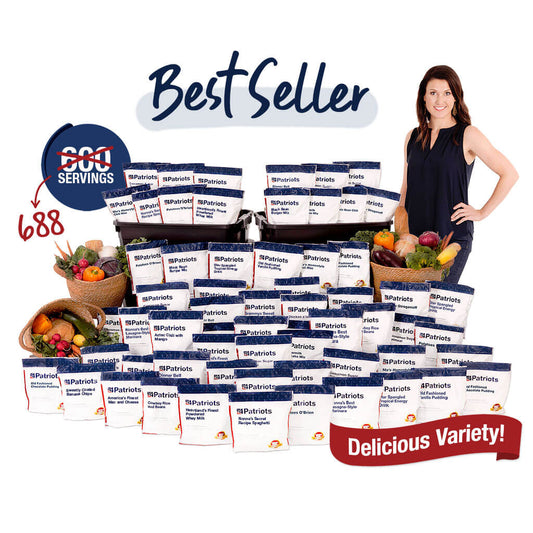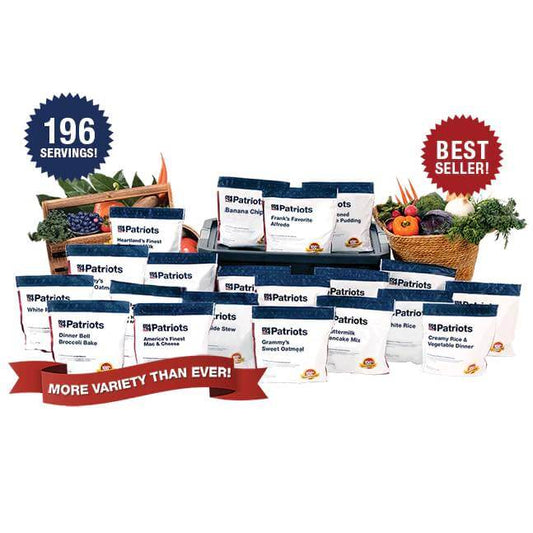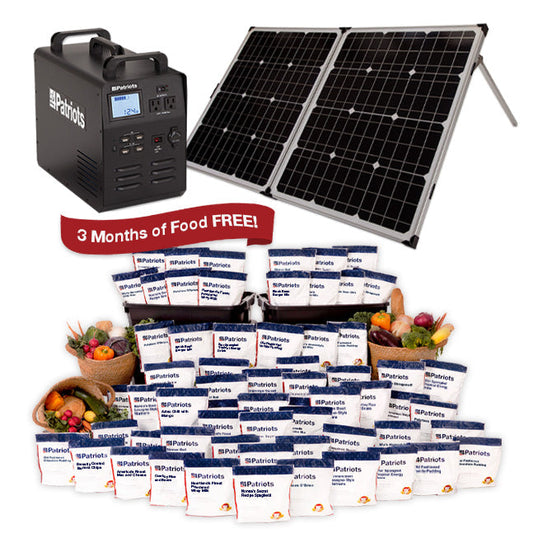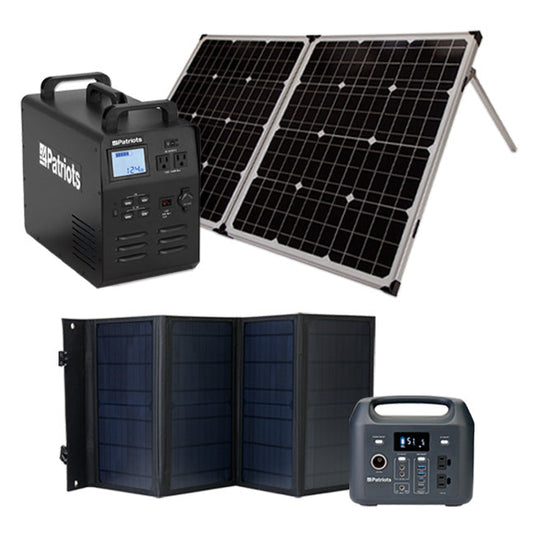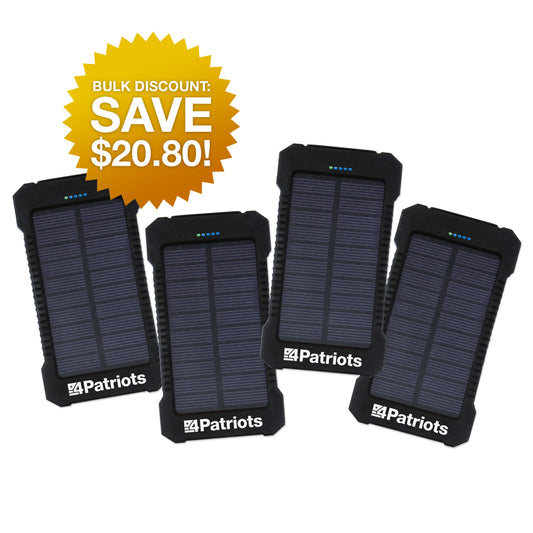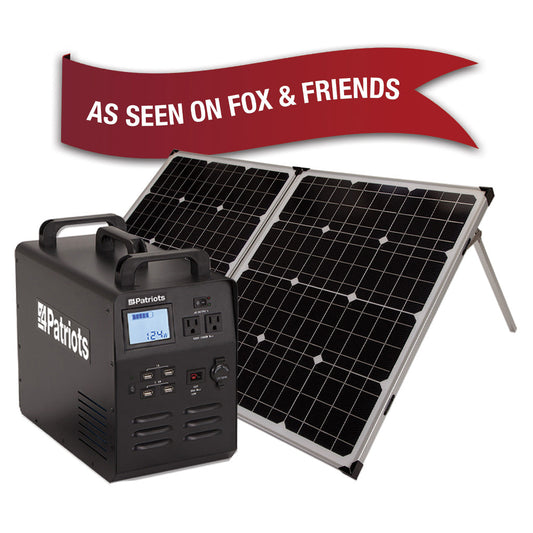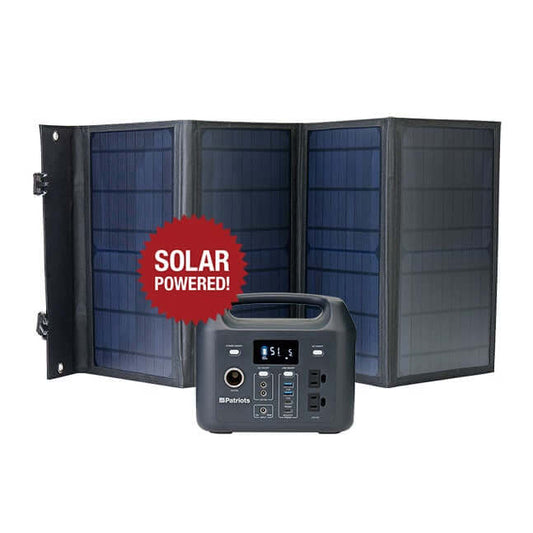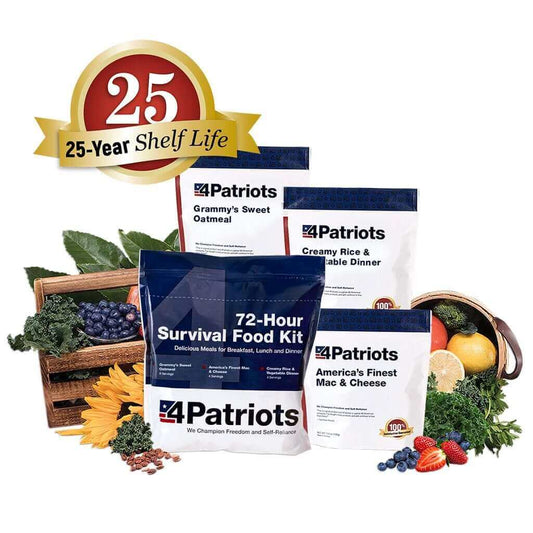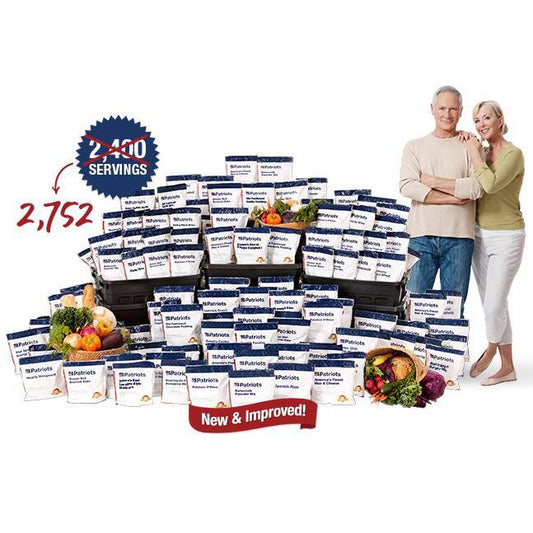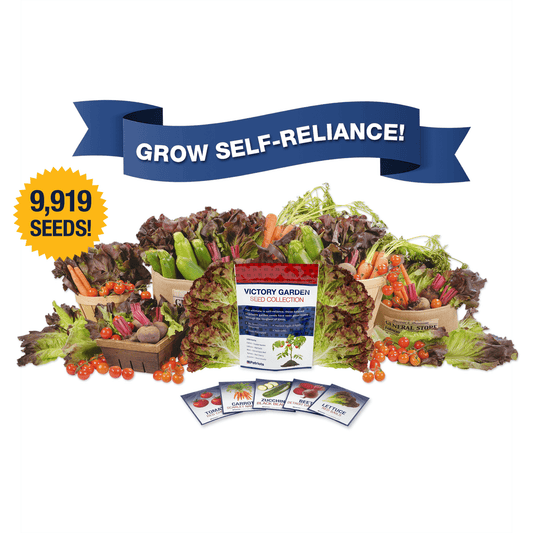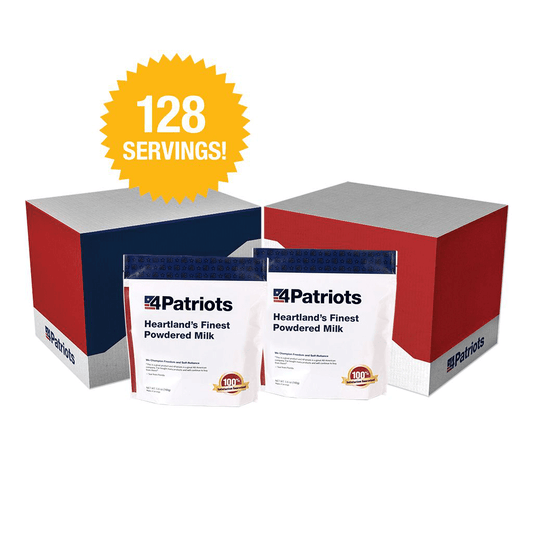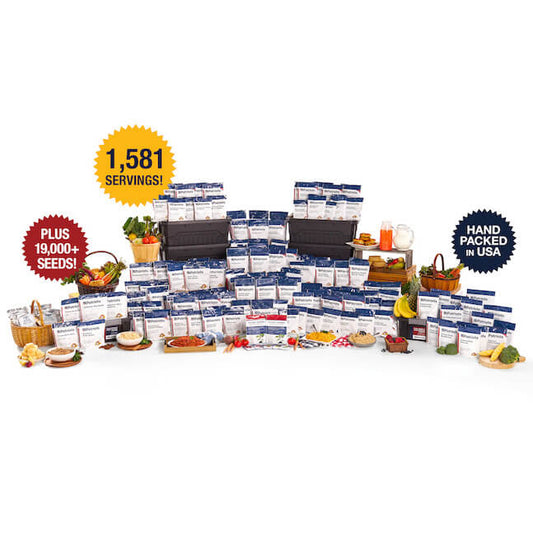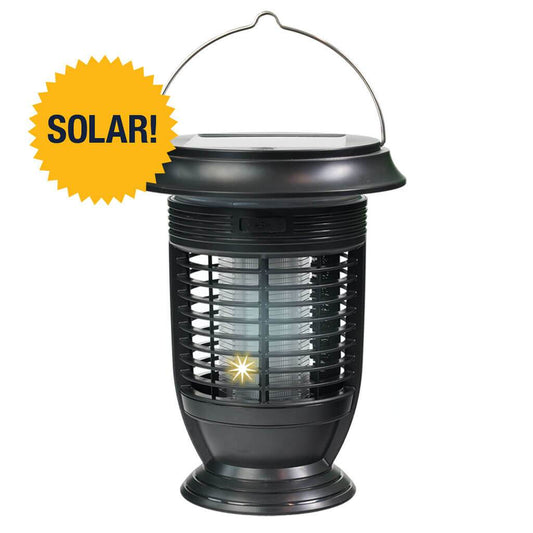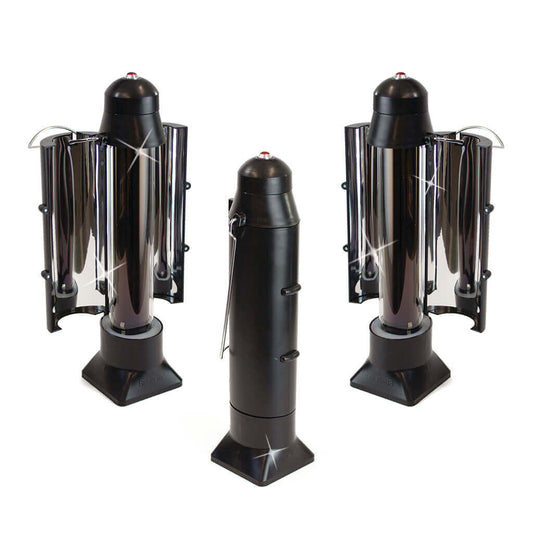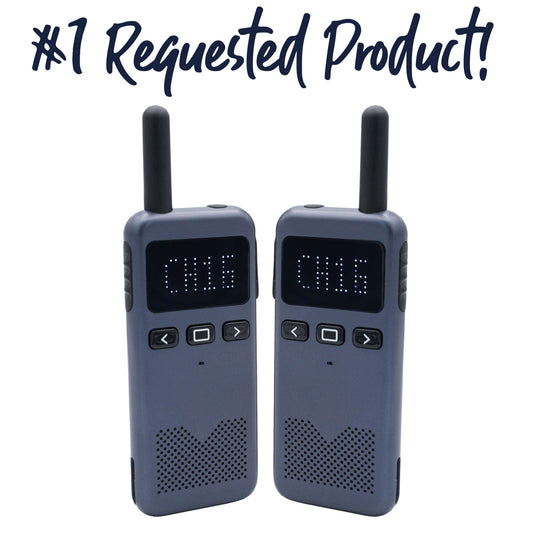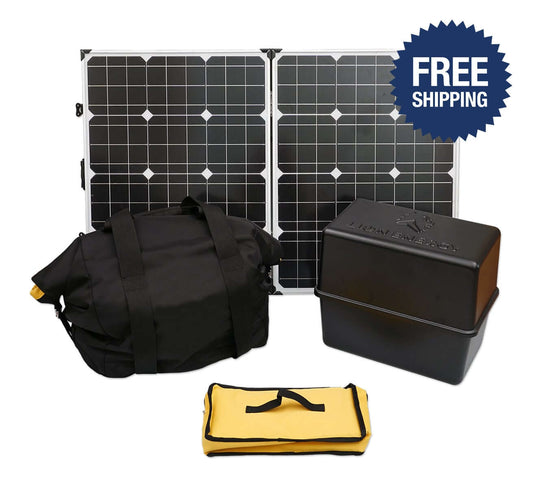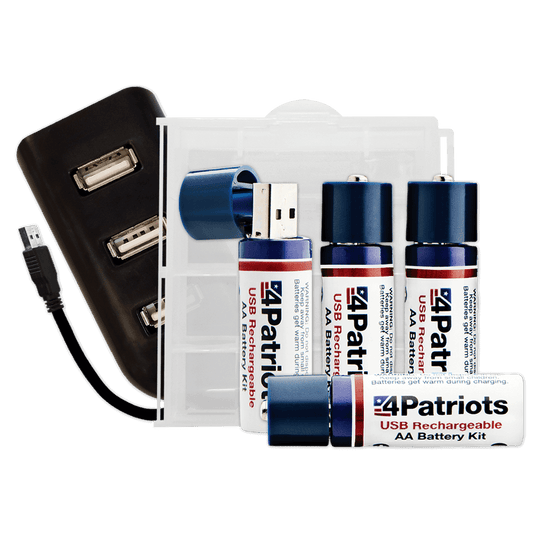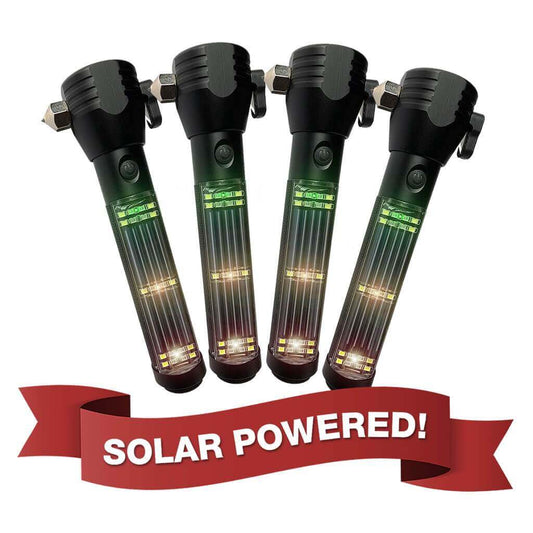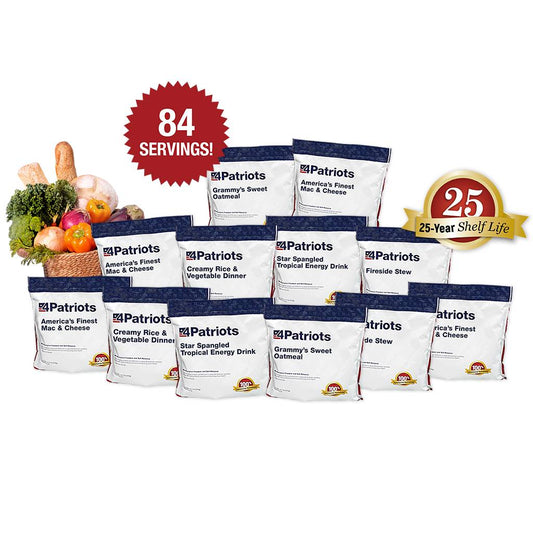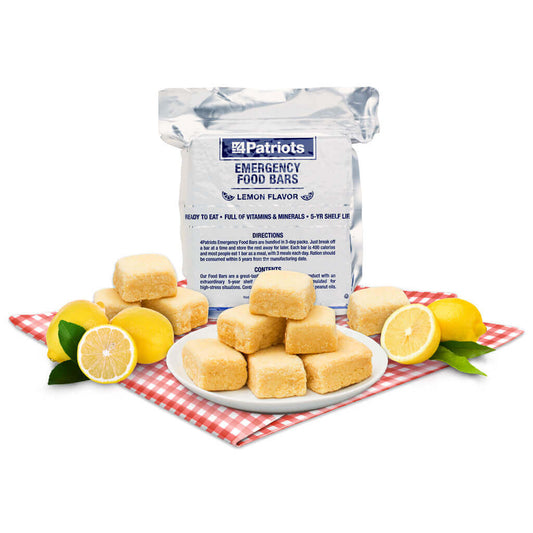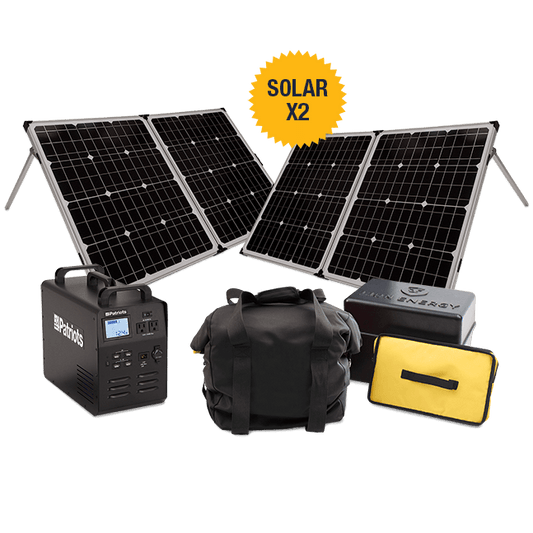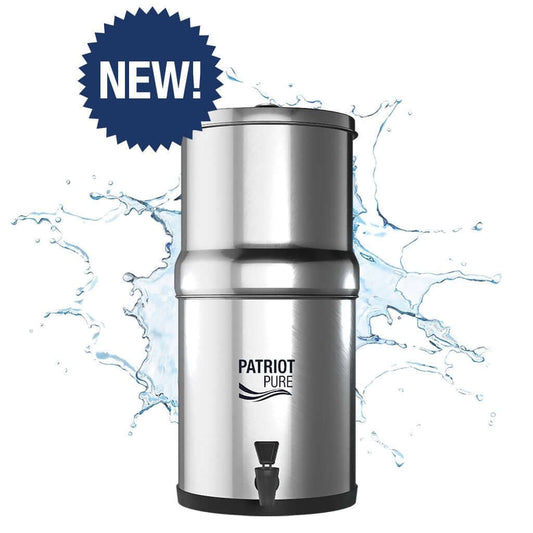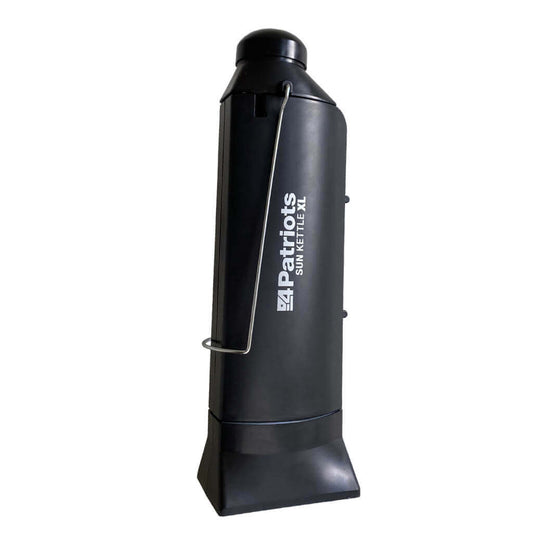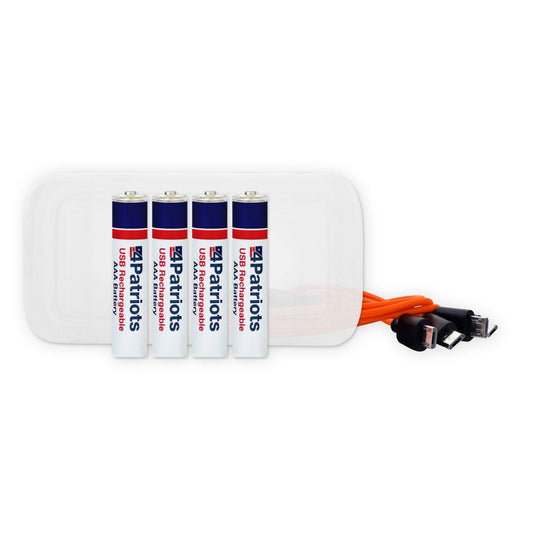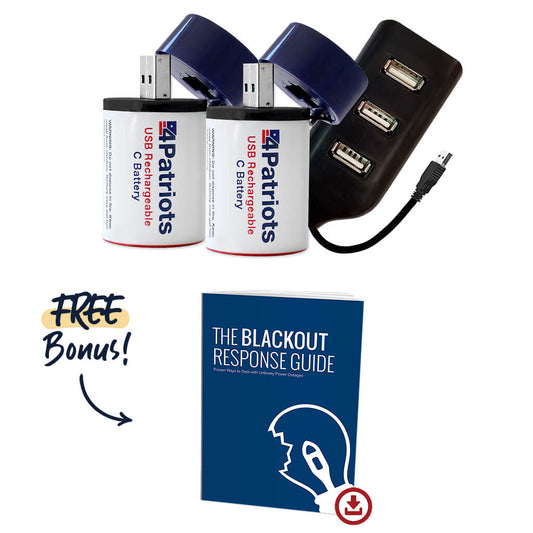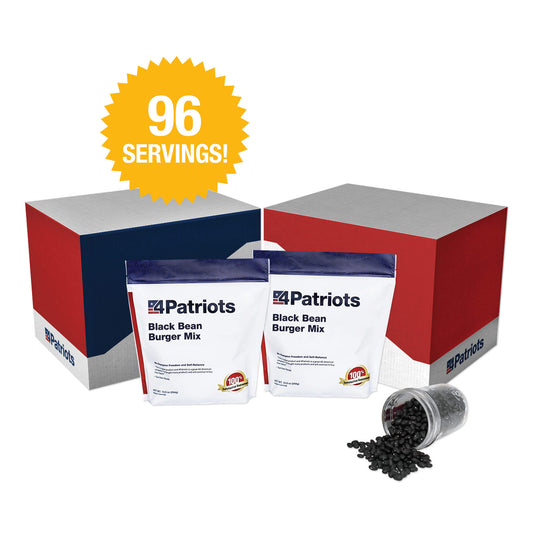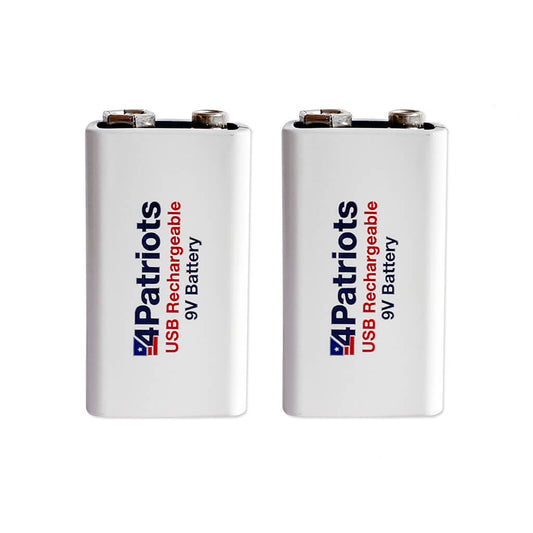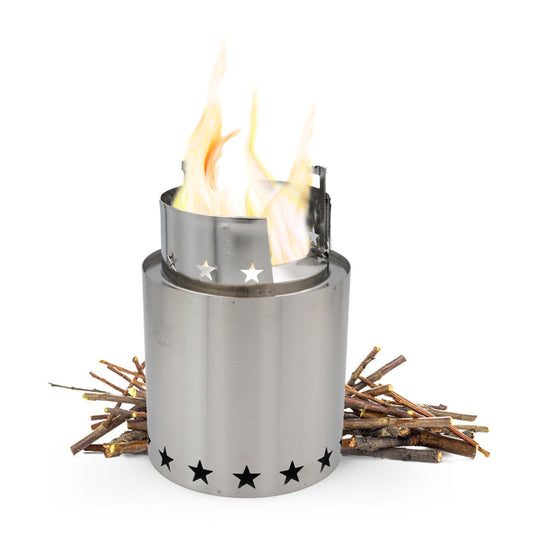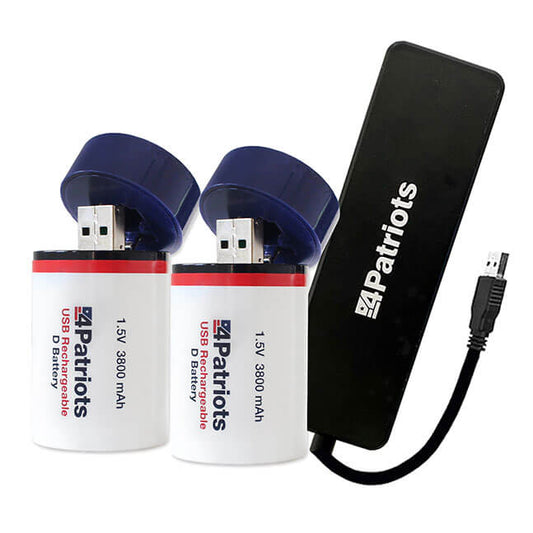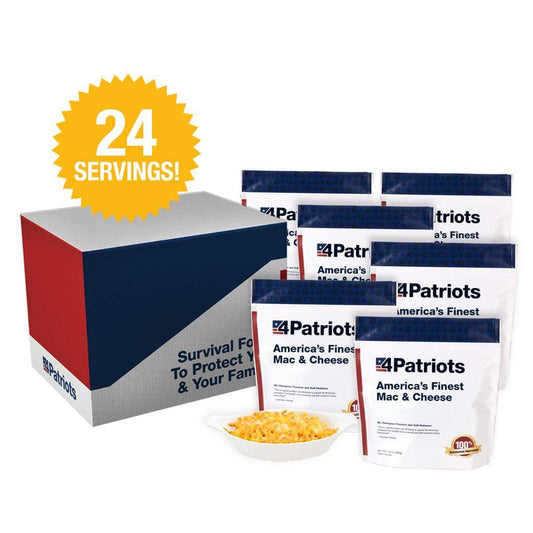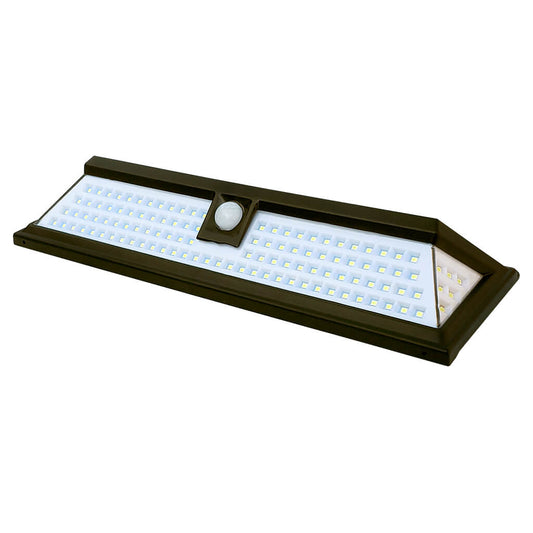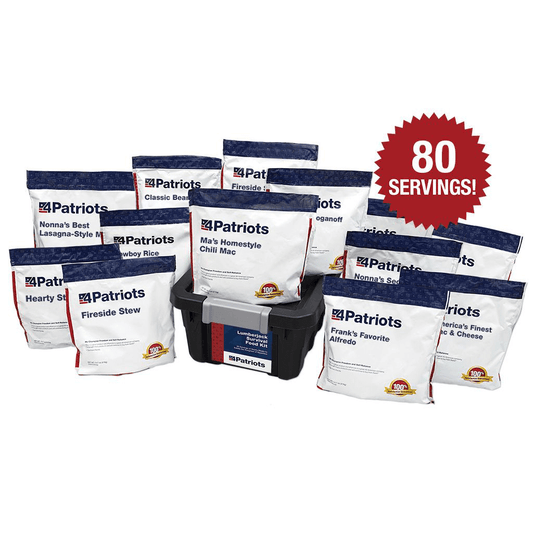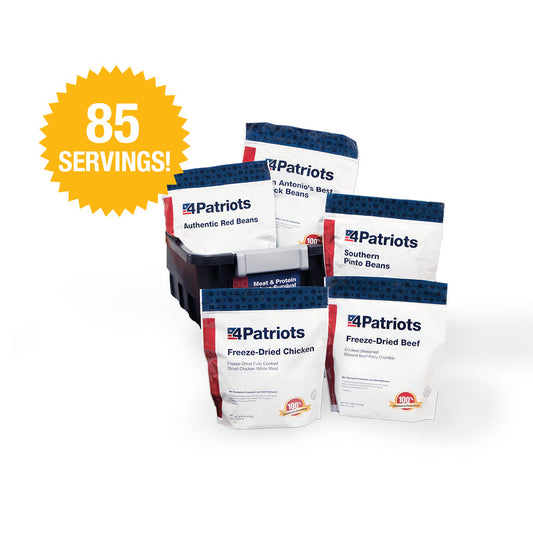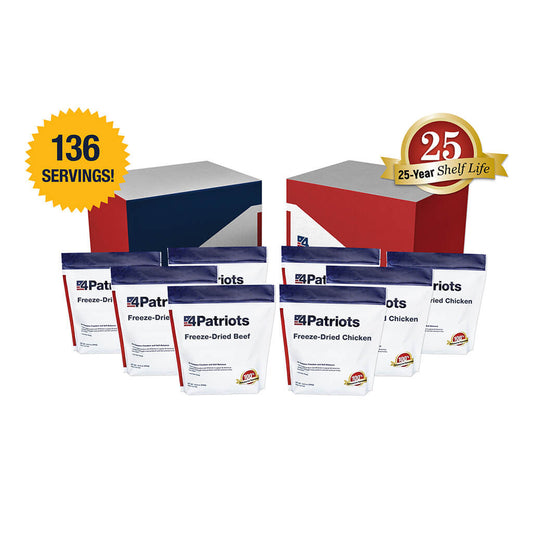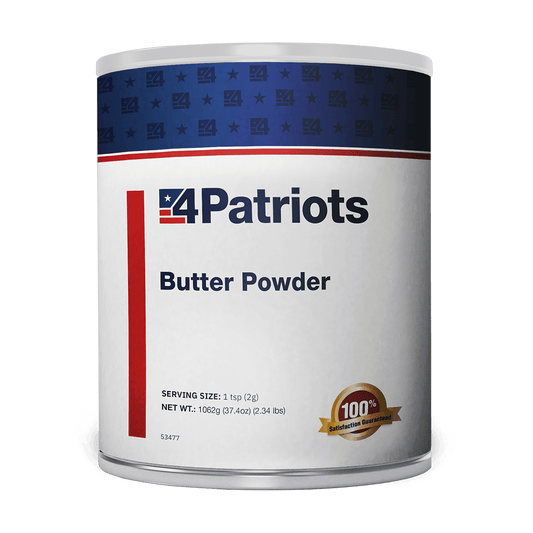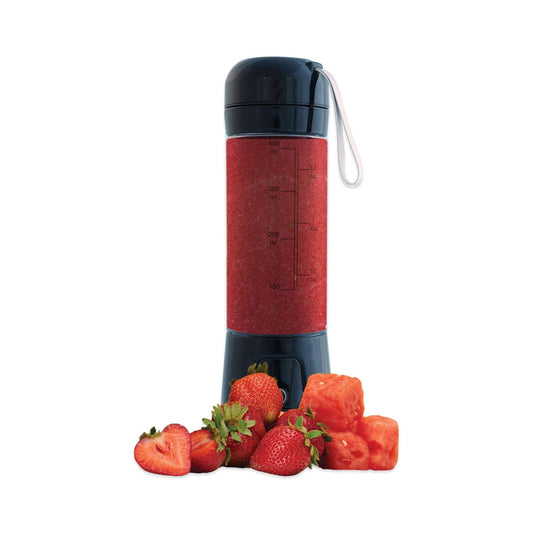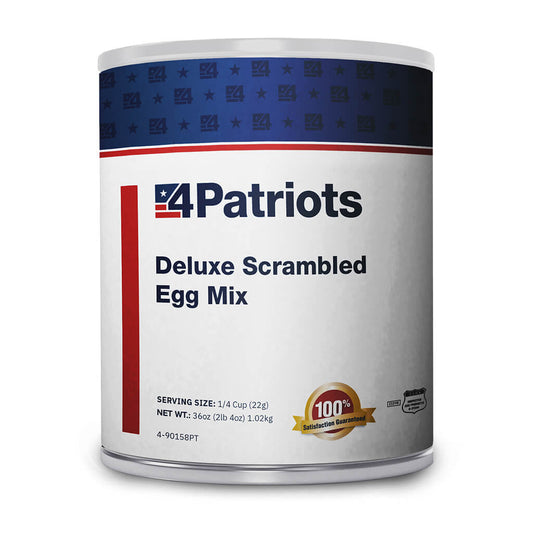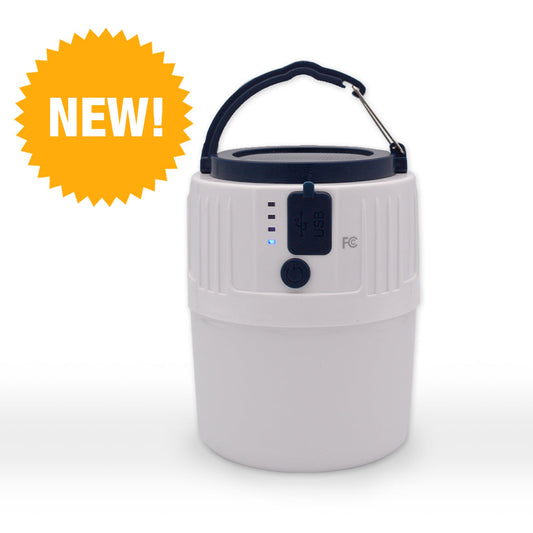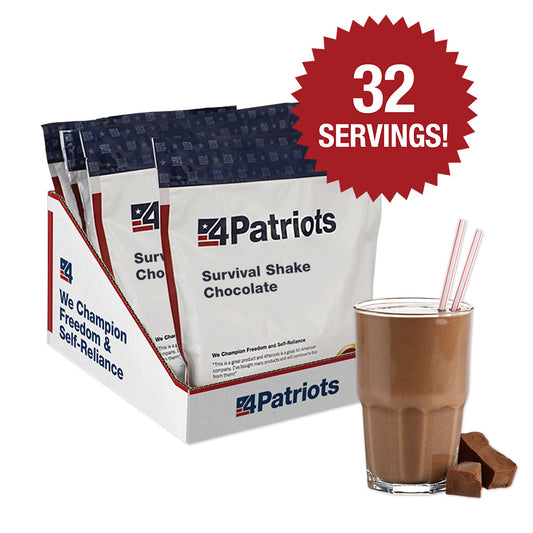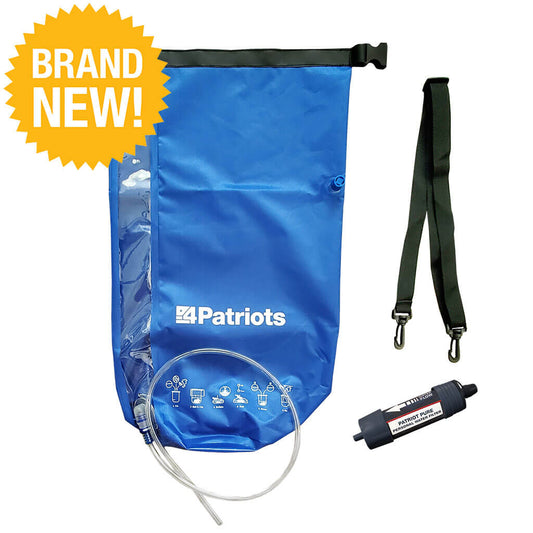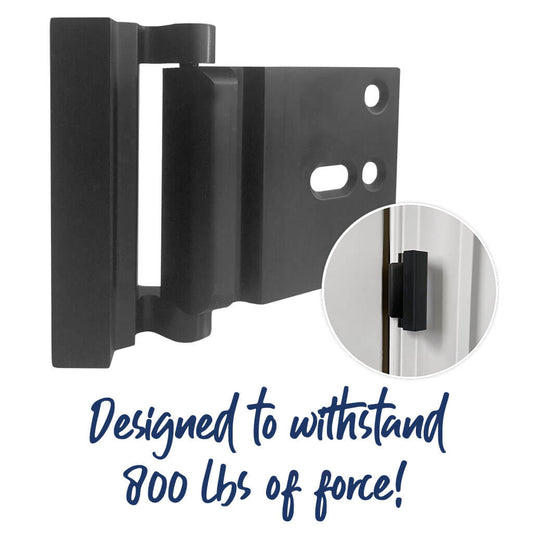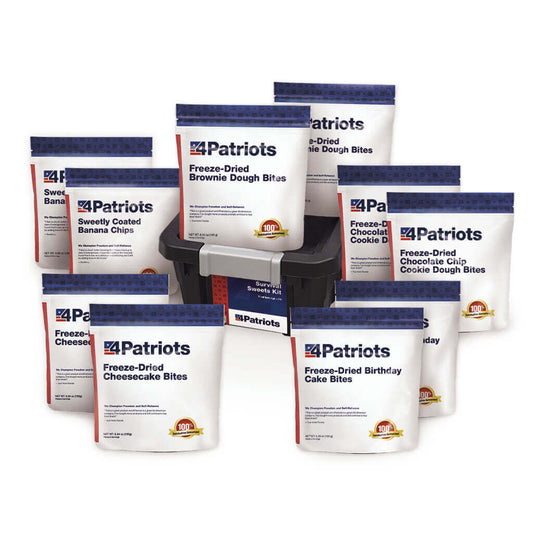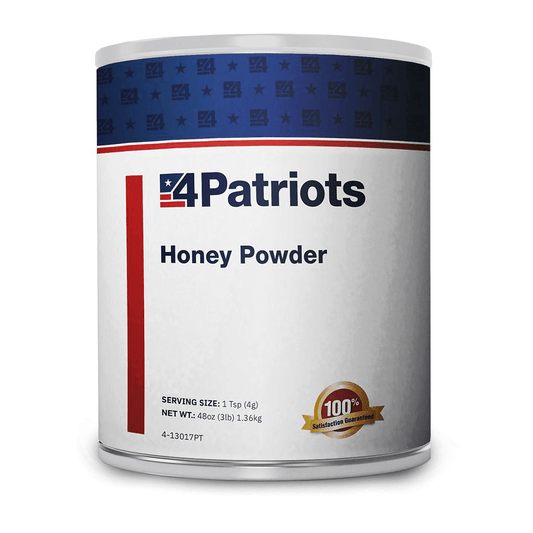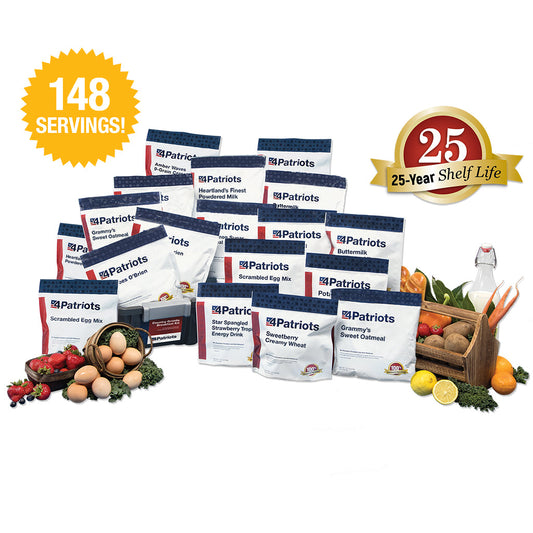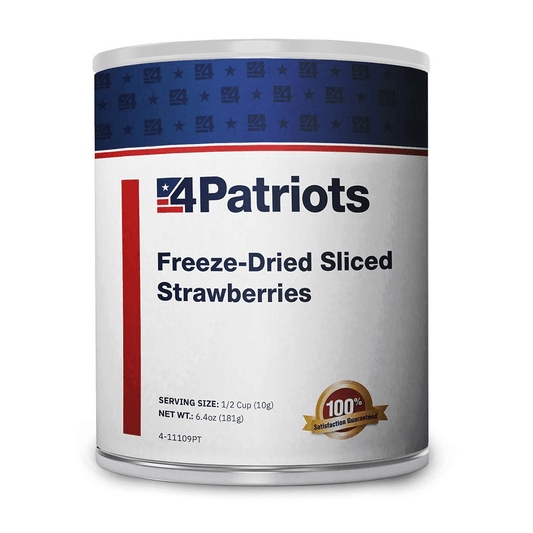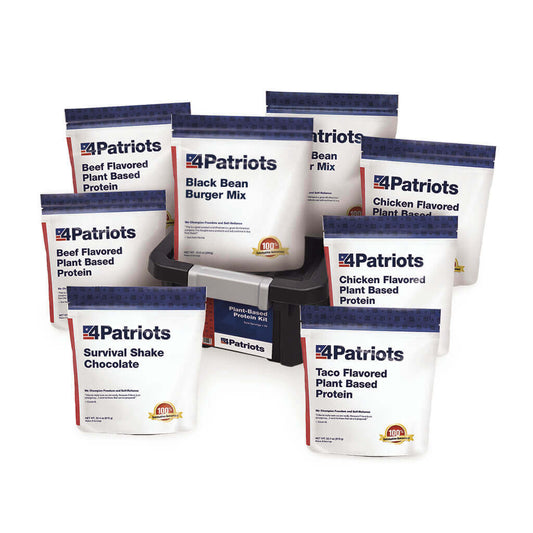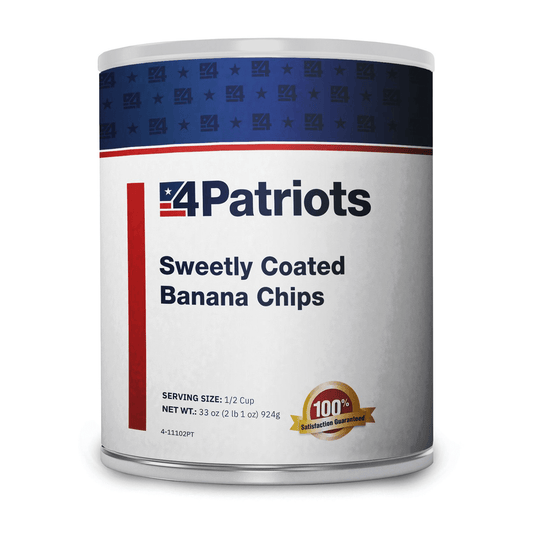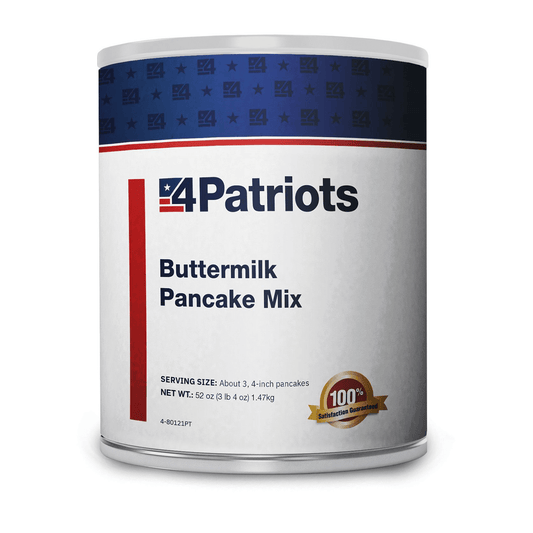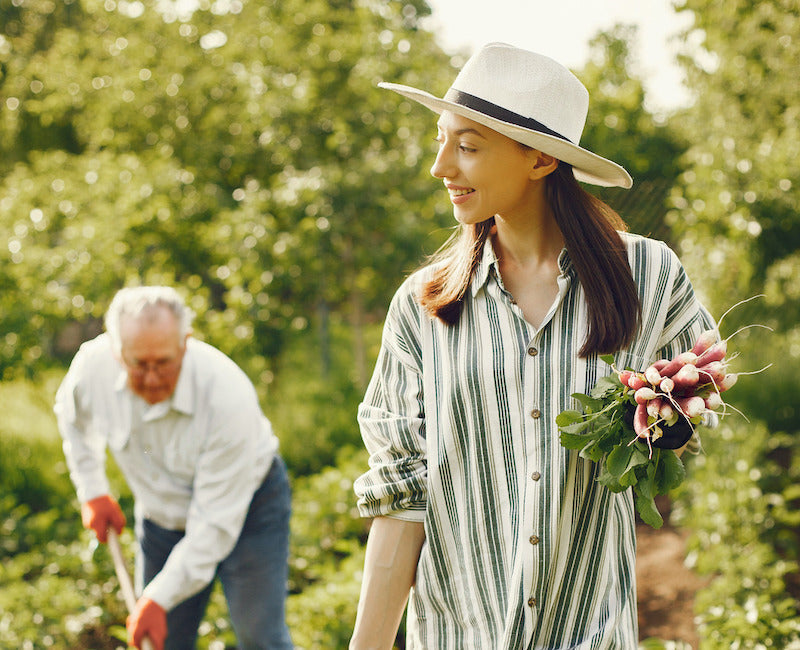
Plan – and Plant – Your Fall Garden Now

It has become pretty clear that the COVID-19 pandemic is not going away anytime soon. In fact, it’s been getting worse in many areas across the country.
Even if the number of confirmed cases and deaths levels off or drops, we still have a potential second wave to be concerned about.
All of which means we can continue to expect shortages of food and other supplies.
Not to mention a possible breakdown of the supply chain as food growers, processors and distributors become ill.
Keep food on the table all winter
There is no easy solution for the problem of food security in these trying times. At least when it comes to feeding millions of people.
But if you want to make sure you and your family are fed come what may, there is something you can do.
Assuming you have space for at least a small garden – and hopefully a larger one – you can produce what you need to eat. It’s one of the best ways to achieve sustenance while attaining self-sufficiency.
By planting and cultivating a fall garden, you could keep fresh food on the table all winter long. No matter how empty grocery store shelves might become. And that means fewer trips to crowded stores.
There’s no time like the present
But wait… it’s late summer. Isn’t it too late to start a garden this year? No, it isn’t. Actually, this is the perfect time to start planning – and planting – your fall garden.
And the good news is that no matter where you live in the U.S., you can still grow vegetables that will give you the vitamins and nutrients you and your family need.
Even if you already have a summer garden going – and I hope you do – you can plant a fall garden on the side.
Don’t wait for the calendar to say “fall.” Start now. Your seedlings will gain strength from the late summer sun. In fact, they may struggle without those summer rays.
Give your soil a boost
Among the vegetables that do well as the weather cools are spinach, kale, Brussels sprouts, red cabbage and broccoli.
But there are plenty of others. Including butternut squash, carrots and English peas. Plus garlic, beets and dark, leafy greens. As well as rutabagas, kohlrabi and turnips. Not to mention herbs like parsley, mint and rosemary.
If you’ve done any gardening, you know how important soil quality is. Soil that’s been used for plants during the spring and summer probably needs a boost for the fall.
Add compost and a natural fertilizer such as fish fertilizer. The more nutrients you add to your soil, the more your plants will benefit.
Find a sunny spot
If you have a choice as to where you plant your fall garden, choose a spot that is likely to get as much sun as possible.
There will be less direct sunlight in the fall, so make sure you take advantage of all the sun’s energy that you can.
Another key to getting the most out of your fall garden is preserving the food you harvest. You can do that through dehydration, drying and canning. Or maybe you have a root cellar.
With some careful planning and attention to your fall garden, you might be able to preserve enough food to last all winter. Some roots can even stay in the ground all winter. Such as carrots and Brussels sprouts.
Edible gardening is growing
The COVID-19 pandemic has caused many disruptions in our lives. One positive, however, is that it has given some people more time to do things they always intended to do. Such as gardening.
A recent national survey revealed a spike in edible gardening in America. Thirty percent of those growing their own food are doing it for the first time.
Those new to gardening may want to select a few varieties they enjoy and focus on them. Rather than trying to grow one of everything.
Those without space for a garden may want to look into using containers, shelves, hanging baskets and vertical gardens. Just keep in mind that most plants need plenty of sunlight.
Seed quality is crucial
Needless to say, the quality of your seeds is a crucial component of growing any garden. Including a fall garden.
You want hardy, non-GMO heirloom seeds that will enable you to harvest seeds from your plants next year to use again.
Those types of seeds will produce nutrient-dense, delicious fresh fruit and vegetables that can supplement your food stockpile.
And make sure those seeds come with detailed instructions for planting, nurturing and harvesting your plants.
A fall garden won’t just feed you and your family this winter and next spring. It will take you one step closer to self-reliance.
In these uncertain times, it's never been more important to secure a healthy bounty of nourishing and delicious, fresh fruits & vegetables.
That's why 4Patriots developed a new & improved way to plant, grow and harvest your very own crop of healthful fruits & veggies: the Victory Garden Seed Collection!
You'll get a whopping 2,890 non-GMO, super-survival seeds from 8 varieties of hardy and delicious heirloom seeds passed down from our forefathers. Sealed in space-age Mylar so you can start your garden today or years from now.
>> Feed your family with confidence & secure your seeds now
Featured Products
- Regular price
- From $1,134.30
- Regular price
-
- Sale price
- From $1,134.30
- Unit price
- per
- Regular price
- $353.49
- Regular price
-
- Sale price
- $353.49
- Unit price
- per
- Regular price
- $3,544.87
- Regular price
-
$4,534.36 - Sale price
- $3,544.87
- Unit price
- per
- Regular price
- $3,547.71
- Regular price
-
$4,250.43 - Sale price
- $3,547.71
- Unit price
- per
- Regular price
- From $42.52
- Regular price
-
$170.07 - Sale price
- From $42.52
- Unit price
- per
- Regular price
- $3,547.71
- Regular price
-
- Sale price
- $3,547.71
- Unit price
- per
- Regular price
- $708.41
- Regular price
-
- Sale price
- $708.41
- Unit price
- per
- Regular price
- $41.17
- Regular price
-
- Sale price
- $41.17
- Unit price
- per
- Regular price
- $3,969.34
- Regular price
-
- Sale price
- $3,969.34
- Unit price
- per
- Regular price
- $42.52
- Regular price
-
- Sale price
- $42.52
- Unit price
- per
- Regular price
- $137.71
- Regular price
-
- Sale price
- $137.71
- Unit price
- per
- Regular price
- $7,096.83
- Regular price
-
- Sale price
- $7,096.83
- Unit price
- per
- Regular price
- $70.91
- Regular price
-
- Sale price
- $70.91
- Unit price
- per
- Regular price
- From $97.96
- Regular price
-
- Sale price
- From $97.96
- Unit price
- per
- Regular price
- $285.35
- Regular price
-
- Sale price
- $285.35
- Unit price
- per
- Regular price
- From $129.15
- Regular price
-
$184.48 - Sale price
- From $129.15
- Unit price
- per
- Regular price
- $1,418.23
- Regular price
-
- Sale price
- $1,418.23
- Unit price
- per
- Regular price
- $42.52
- Regular price
-
- Sale price
- $42.52
- Unit price
- per
- Regular price
- From $41.88
- Regular price
-
$43.99 - Sale price
- From $41.88
- Unit price
- per
- Regular price
- $183.13
- Regular price
-
- Sale price
- $183.13
- Unit price
- per
- Regular price
- From $38.33
- Regular price
-
$567.58 - Sale price
- From $38.33
- Unit price
- per
- Regular price
- $4,960.26
- Regular price
-
- Sale price
- $4,960.26
- Unit price
- per
- Regular price
- From $282.51
- Regular price
-
$291.74 - Sale price
- From $282.51
- Unit price
- per
- Regular price
- $141.89
- Regular price
-
- Sale price
- $141.89
- Unit price
- per
- Regular price
- $42.52
- Regular price
-
- Sale price
- $42.52
- Unit price
- per
- Regular price
- $12.76
- Regular price
-
$42.52 - Sale price
- $12.76
- Unit price
- per
- Regular price
- $141.89
- Regular price
-
- Sale price
- $141.89
- Unit price
- per
- Regular price
- $42.52
- Regular price
-
- Sale price
- $42.52
- Unit price
- per
- Regular price
- $85.11
- Regular price
-
- Sale price
- $85.11
- Unit price
- per
- Regular price
- $17.01
- Regular price
-
$42.52 - Sale price
- $17.01
- Unit price
- per
- Regular price
- $63.81
- Regular price
-
$63.81 - Sale price
- $63.81
- Unit price
- per
- Regular price
- $35.42
- Regular price
-
$70.91 - Sale price
- $35.42
- Unit price
- per
- Regular price
- $163.19
- Regular price
-
- Sale price
- $163.19
- Unit price
- per
- Regular price
- $268.31
- Regular price
-
- Sale price
- $268.31
- Unit price
- per
- Regular price
- $708.41
- Regular price
-
- Sale price
- $708.41
- Unit price
- per
- Regular price
- $85.11
- Regular price
-
- Sale price
- $85.11
- Unit price
- per
- Regular price
- $56.72
- Regular price
-
- Sale price
- $56.72
- Unit price
- per
- Regular price
- $85.11
- Regular price
-
- Sale price
- $85.11
- Unit price
- per
- Regular price
- $28.32
- Regular price
-
- Sale price
- $28.32
- Unit price
- per
- Regular price
- $141.89
- Regular price
-
- Sale price
- $141.89
- Unit price
- per
- Regular price
- $97.96
- Regular price
-
- Sale price
- $97.96
- Unit price
- per
- Regular price
- $20.26
- Regular price
-
$31.16 - Sale price
- $20.26
- Unit price
- per
- Regular price
- $212.88
- Regular price
-
- Sale price
- $212.88
- Unit price
- per
- Regular price
- $113.50
- Regular price
-
- Sale price
- $113.50
- Unit price
- per
- Regular price
- $56.72
- Regular price
-
- Sale price
- $56.72
- Unit price
- per
- Regular price
- $163.19
- Regular price
-
- Sale price
- $163.19
- Unit price
- per
- Regular price
- $56.72
- Regular price
-
- Sale price
- $56.72
- Unit price
- per
- Regular price
- $141.89
- Regular price
-
- Sale price
- $141.89
- Unit price
- per
- Regular price
- $35.42
- Regular price
-
- Sale price
- $35.42
- Unit price
- per
- Regular price
- $35.42
- Regular price
-
- Sale price
- $35.42
- Unit price
- per



